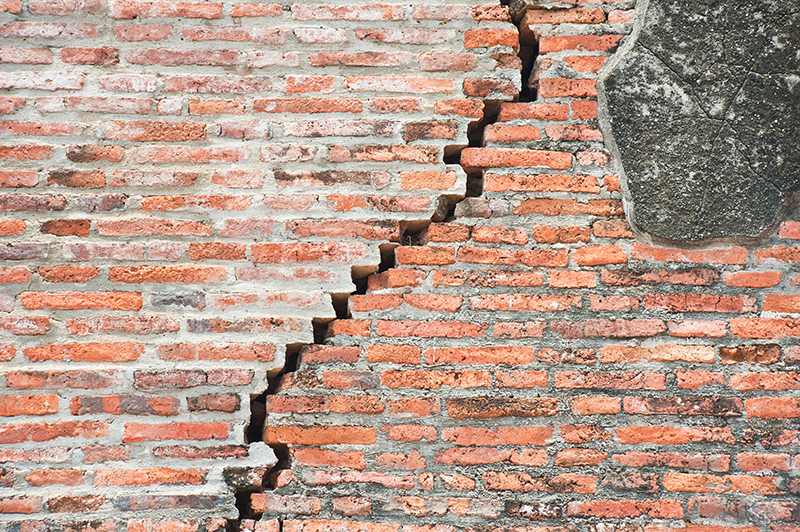Holotopia: Socialized Reality insight
Holotopia: Socialized Reality
Interests
- Truth
- Reality Free choice
- Rational choice
- Epistemology
- Information, knowledge
- Pursuit of knowledge
- Social creation of truth and meaning
Scope
This ideogram is only a placeholder. The real thing should be a house with failing foundation image – but we can talk about that.
We look at the fundamental assumptions which we use to create truth and meaning. Which are, needless to say, the foundations of all we call "culture"; and also more...
The point here is to see the visible, mushrooming... cracks in the walls as just natural consequences of a faulty foundation. And the possibility to do to knowledge work what architecture did to house construction...
Stories
This iconic image of the Enlightenment... And his eppur si muove... Let us zoom in on this pivotal moment of our civilization's history. See what it really meant. And what resulted.
Notice first of all that the real issue was not whether the Earth was moving or not. That was just a technicality. Galilei was held in house arrest because of the dangerous meme he was carrying—that when the reason contradicted the Scripture, it might still be legitimate to give the reason the benefit of our doubt.
Notice, furthermore, that there is no scientific or logical reason why the Sun, and not the Earth, must be seen as relatively immovable. Movement is, as we know relative; we might just as well put the Earth into the center of our coordinate system. The reason why we ultimately didn't is that by putting the Sun into the center and letting Earth be one of the planets moving around it—we empower the reason to not only grasp what's going on in a far simple way, but also to reduce "the natural philosophy" to "mathematical principles"!
What resulted was a foundation for truth and meaning—where the "aha" we experience when all the pieces fit snuggly together, and we understand how something works, how certain causes lead to certain effects, is automatically considered as a sure sign that we have seen "the reality"
In the course of our modernization, we adopted from the traditional culture a myth incomparably more subversive than the myth of creation—the myth that the meaning of "the truth" is "correspondence with reality". And that the purpose of information, and of knowledge, is to help us know "the truth"—i.e. to show us "the reality" as it "truly is".
Why do we call this a myth? Because (as Einstein and Infeld demonstrated by their closed watch argument) it is not only impossible to demonstrate for any of our models that it corresponds to the real thing—but we cannot even conceive of such a possibility; we cannot even imagine what this comparison might be like, what it might mean!
By calling it a myth we are not implying that it has no value. On the contrary! Myths, combined with socialization to accept them as "the reality", was how the traditional culture functioned, how it reproduced itself and evolved. The myth of eternal punishment, for instance, clearly served a role—to keep people reasonably ethical etc. And it also kept them obedient to the power structure.
And so, by adopting this "mother of all myths", we were prepared to "throw the baby with the bathwater"—as soon as completely new "realities" came around.
When we look back at the Middle Ages, we see only those silly myths, and how they supported the power structure or the order of things of the day. When, however, se understand the reality story as just another myth—we become ready to unravel our contemporary myths (the market myth, the science myth...); and se how they made us subservient to the contemporary power structure; and kept us from evolving.
The difference between a "real king", and a madman "imagining" and "pretending" to be a king, is that in the case of the former, everyone including himself have been successfully socialized to accept him as that.
A "real king" would be treated with highest honors and respect; a deluded imposter would be incarcerated in an appropriate institution. And yet throughout history, a single "real kings" might have caused incomparably more evil, deaths, suffering, injustice... than all "dangerous madmen" combined!
Bourdieu did not travel to Algeria as a sociologist; in Algeria he became a sociologist—by acquiring a core insight, which marked his subsequent career. The insight is how (what we call) socialization organizes the practical life in a society.
More concretely, in Algeria Bourdieu had a chance to witness how the interrogation, the prison and the torture chamber (as instruments of power that were passed on all the way from Galilei's time), which were ubiquitous

